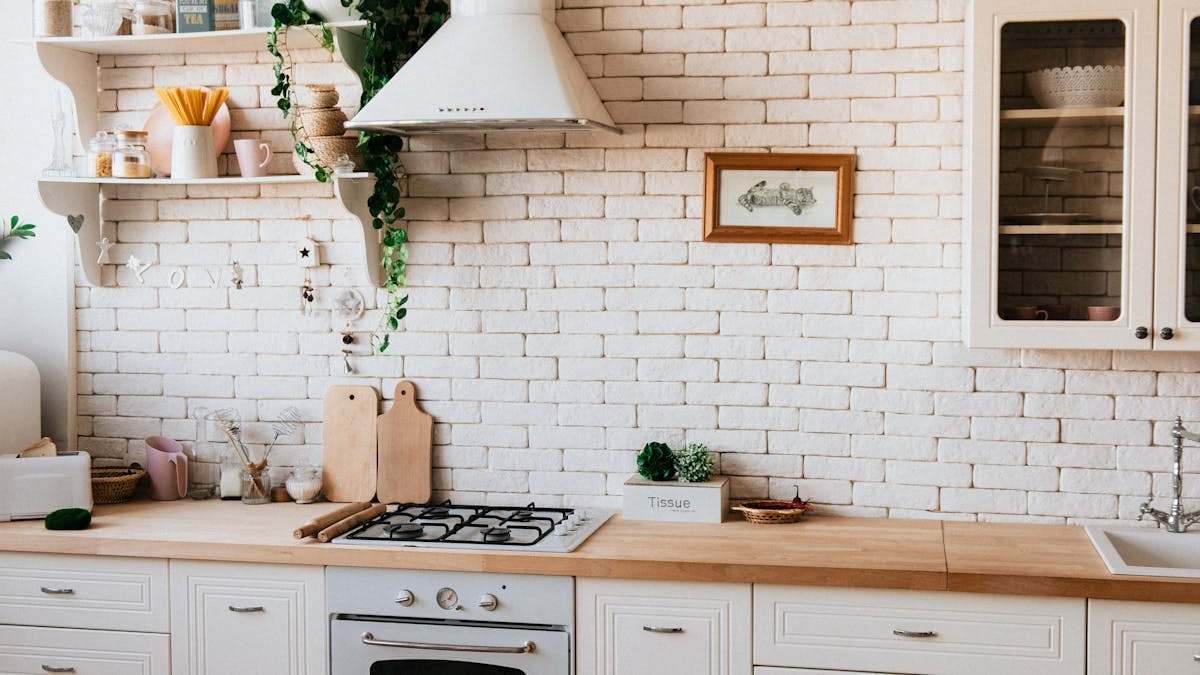
Kitchen Safety For Seniors
Accidents can happen anywhere, but seniors are more likely to experience falls and fires in their homes. The kitchen is a room you can’t avoid, but understanding your risks and taking precautions while cooking can help reduce your risk of kitchen-related injuries and accidents.
Understanding Kitchen Risks For Seniors
The kitchen can be a high-risk room for many older adults, and it isn’t too hard to see why. Some of the biggest concerns for seniors in the kitchen are falls, fires, and burns.
- Falls: Seniors may experience a fall in the kitchen, tripping on rugs or using step stools to reach something in a high cupboard. Nearly 3 million seniors fall every year, many of whom receive emergency medical treatment for fractures and concussions.
- Fires: Almost half (47 percent) of home fires occur during cooking. Seniors are often at a higher risk of kitchen fires because of physical, visual, or hearing impairments that may not alert them to immediate danger.
- Burns: Seniors are also more likely to burn themselves while cooking. Burns may happen because of misjudging the distance to an open flame or carrying something hot and spilling on themselves.
Staying Safe In The Kitchen
Kitchens should be somewhere you feel safe, no matter your age. They’re essential rooms in the home to cook and eat, and keeping it a safe space with a few considerations and alterations is possible.
Cooking Safety
One aspect of kitchen safety is reducing kitchen fires and staying safe while you cook. A few things to help improve your cooking safety include:
- Make sure you’re wide awake and not distracted while cooking. Don’t cook if you just woke up or took medication that makes you tired. You also want to limit distractions. Focus on cooking and not whatever else is going on at home.
- Ensure your cooking tools are clean. Always wipe down stoves and ovens after use to reduce grease buildup. You also want to keep pans and utensils clean so they don’t catch fire.
- Don’t leave open fires unattended. Even if you have an electric stove, don’t leave food unattended. Stay in the kitchen while you cook.
- Use microwave-safe cookware when heating things in the microwave. Never place foil or soft plastics in the microwave; they can melt and start a fire.
- Don’t wear loose-fitting clothing while cooking. Long flowing sleeves and tops can catch fire on open flames or get caught on pots and pans containing hot substances.
- Double-check that everything is off when you finish cooking. Once you are done cooking, check your stove, oven, and any other appliances you used to ensure they are off.
Kitchen Accessibility
Outside of cooking, there are ways you can make your kitchen more accessible to reduce the risk of falls and other kitchen-related injuries.
- Organize your kitchen so your most used items are in the lowest cupboards. You want the kitchen utensils you use the most to be in accessible places so you don’t have to use step stools to get to them.
- Consider lowering your counters. If you have it in your budget, you can lower your counters and cupboards for more accessibility.
- Purchase a grabber tool. A more accessible option for reaching things in higher places is to purchase a grabber tool. Using a tool instead of a step stool reduces your fall risk.
- Invest in accessible kitchen tools. You can find many tools to help seniors in the kitchen, such as electric can openers, safety knives, and rubber grips to make it easier to pick up certain items.
Kitchen Safety With Visiting Angels
If you’re facing challenges in the kitchen, Visiting Angels is here to help. Our team of compassionate caregivers can help prepare and cook meals to reduce the risk of cooking injuries and rearrange the contents of your cabinets to ensure essentials are within reach. Caregivers can also assist with non-kitchen-related tasks like laundry, vacuuming, and dusting to keep clients safe and comfortable at home.
Our Southwest Colorado office works with clients throughout Pagosa Springs, Cortez, Alamosa, San Luis Valley, Durango, and the surrounding communities. You can contact us with questions or to schedule a complimentary consultation.
